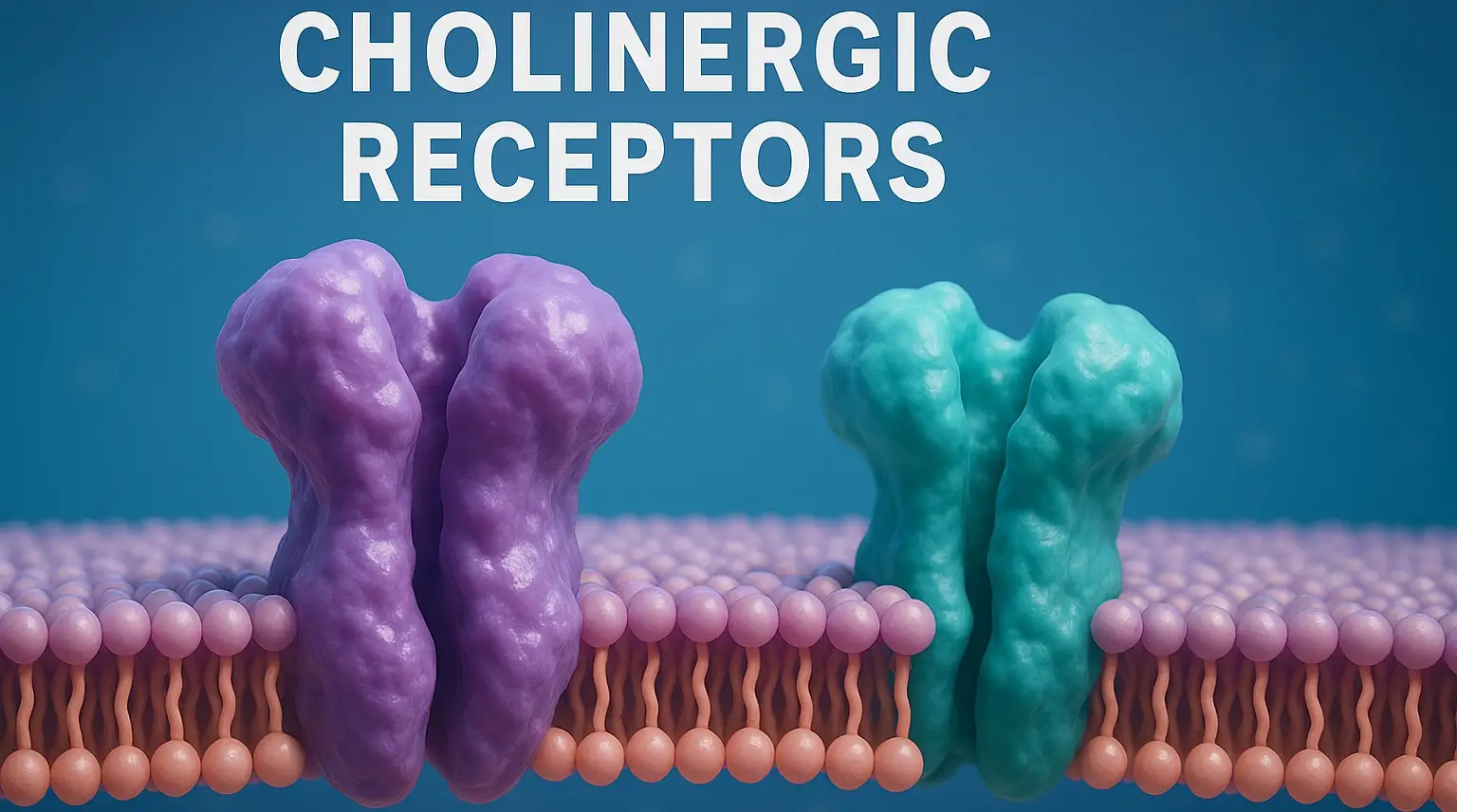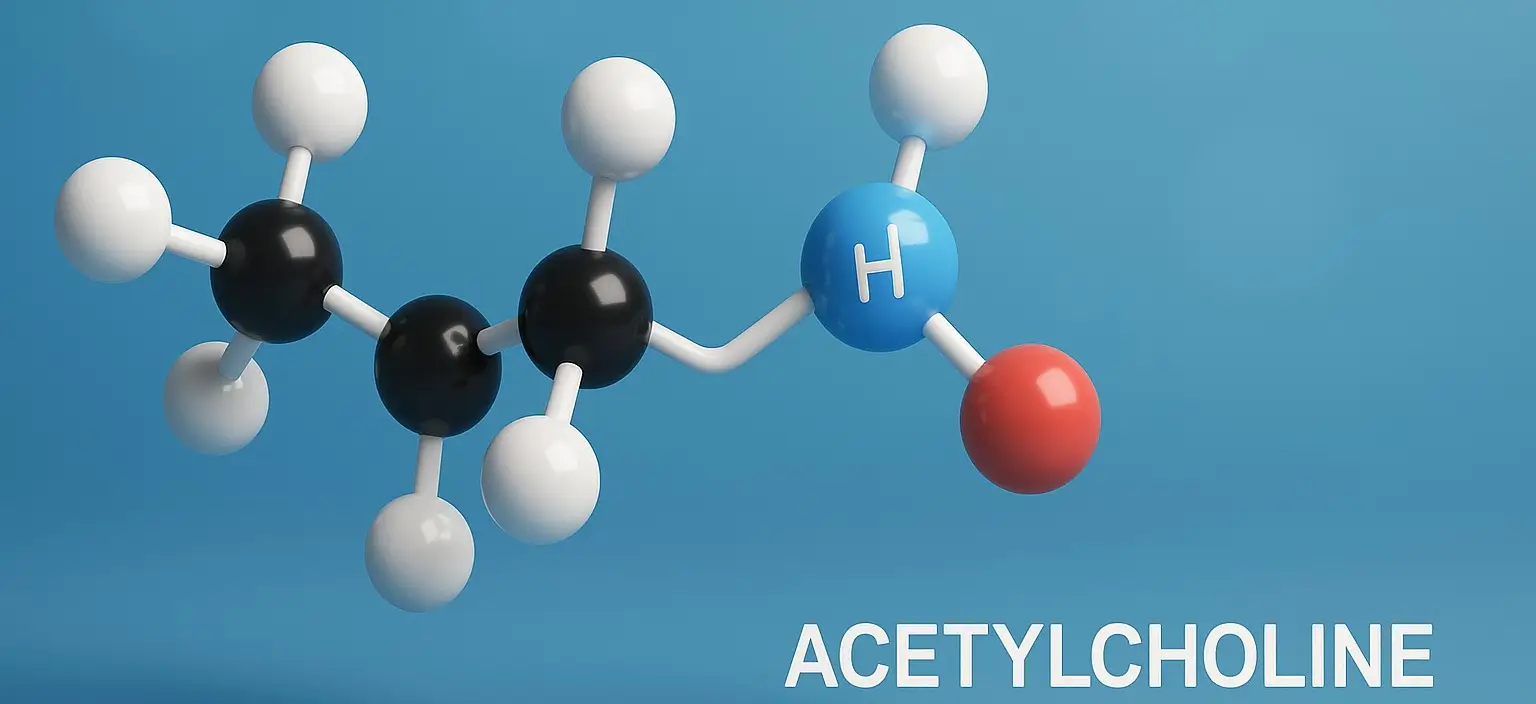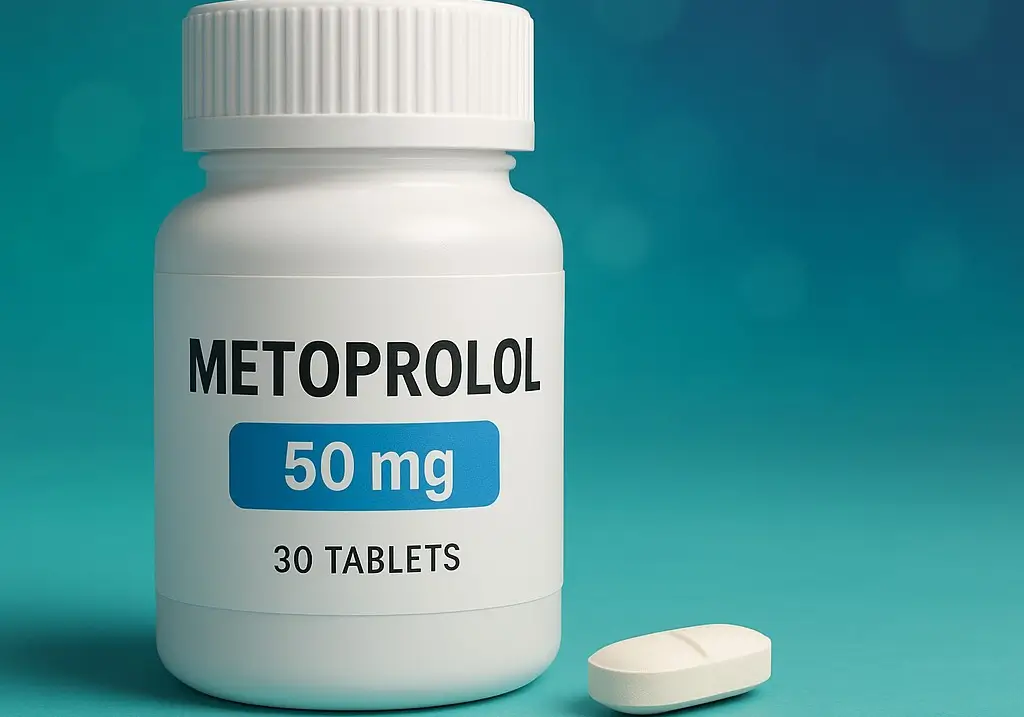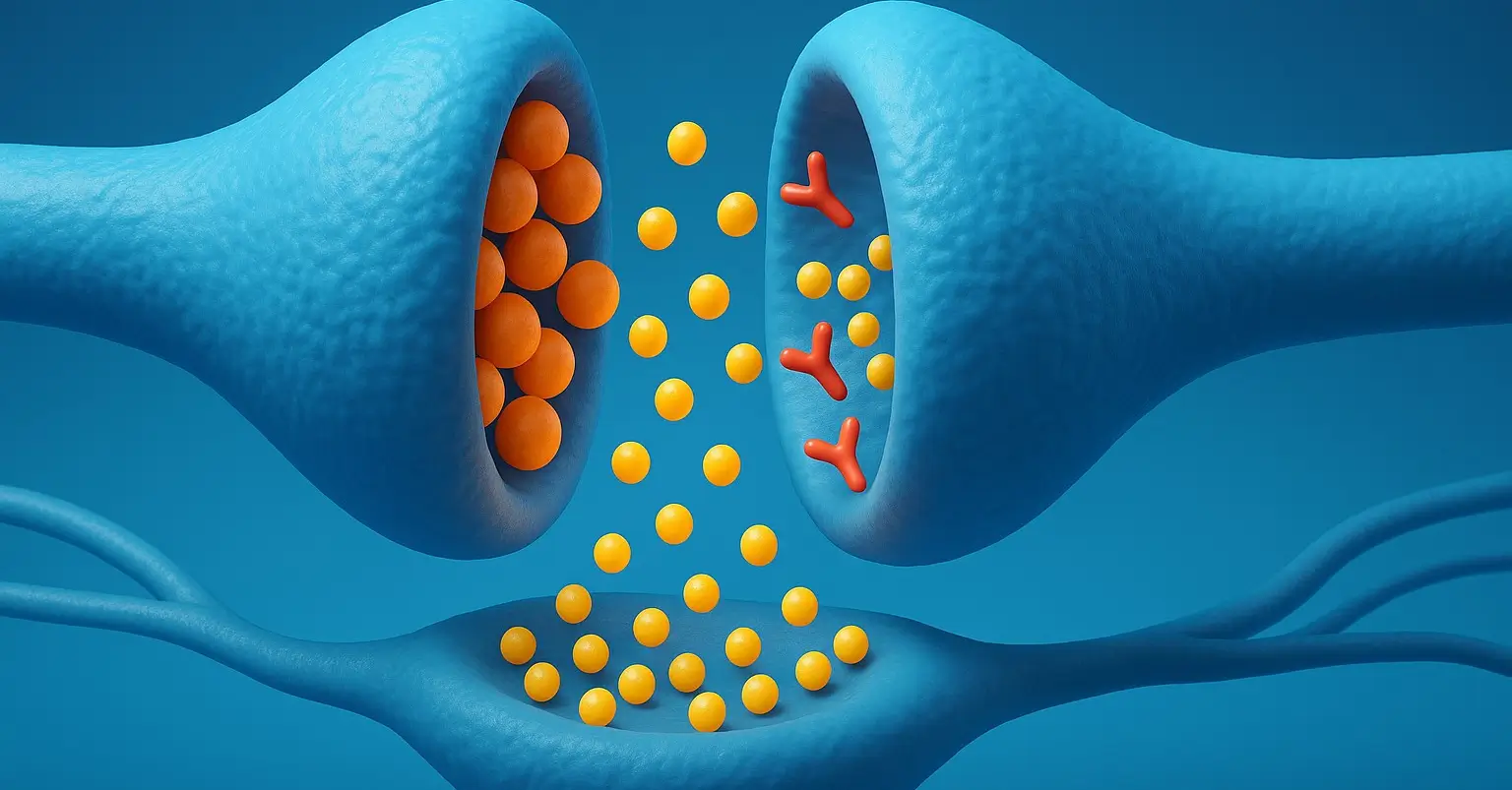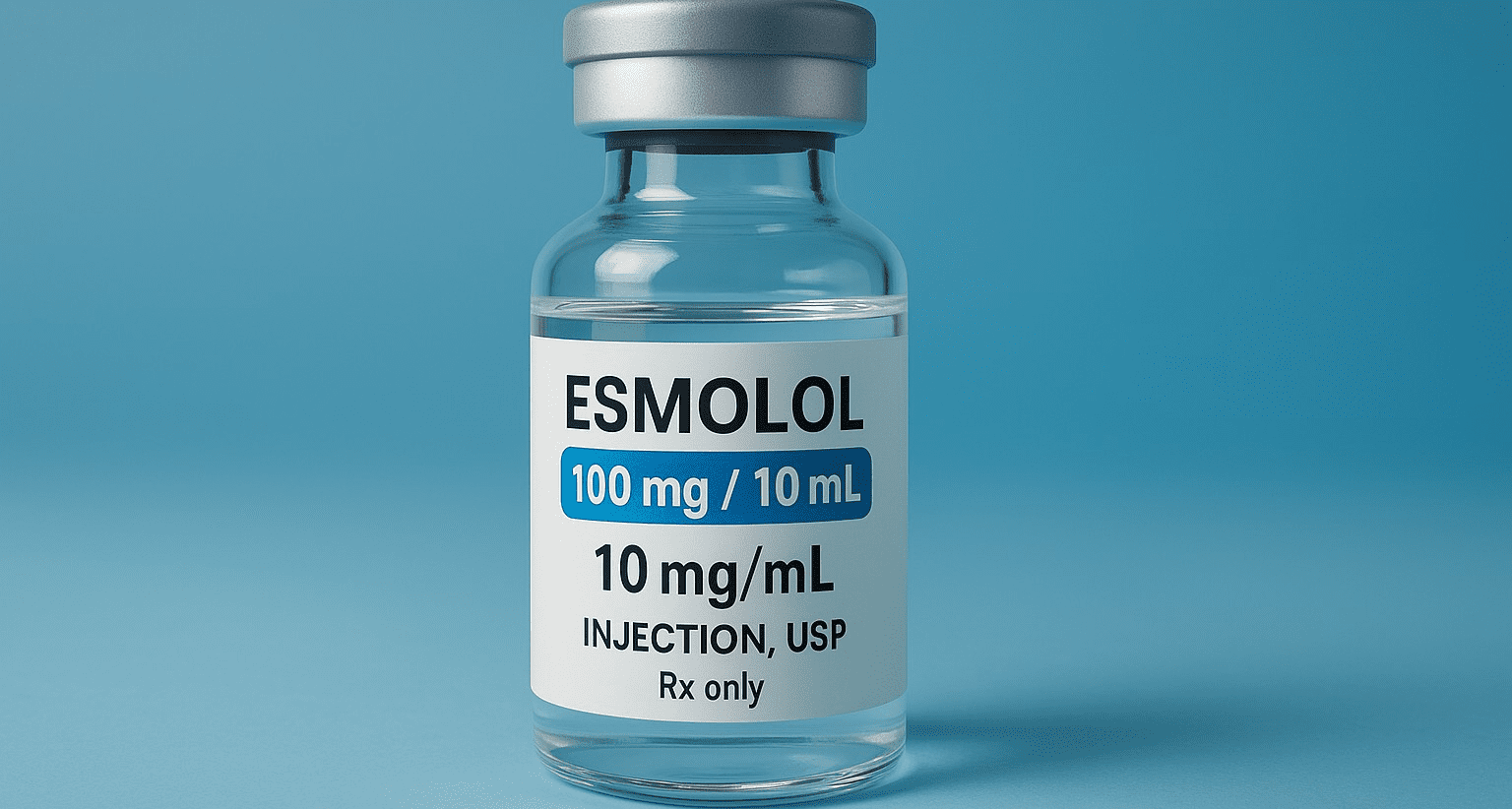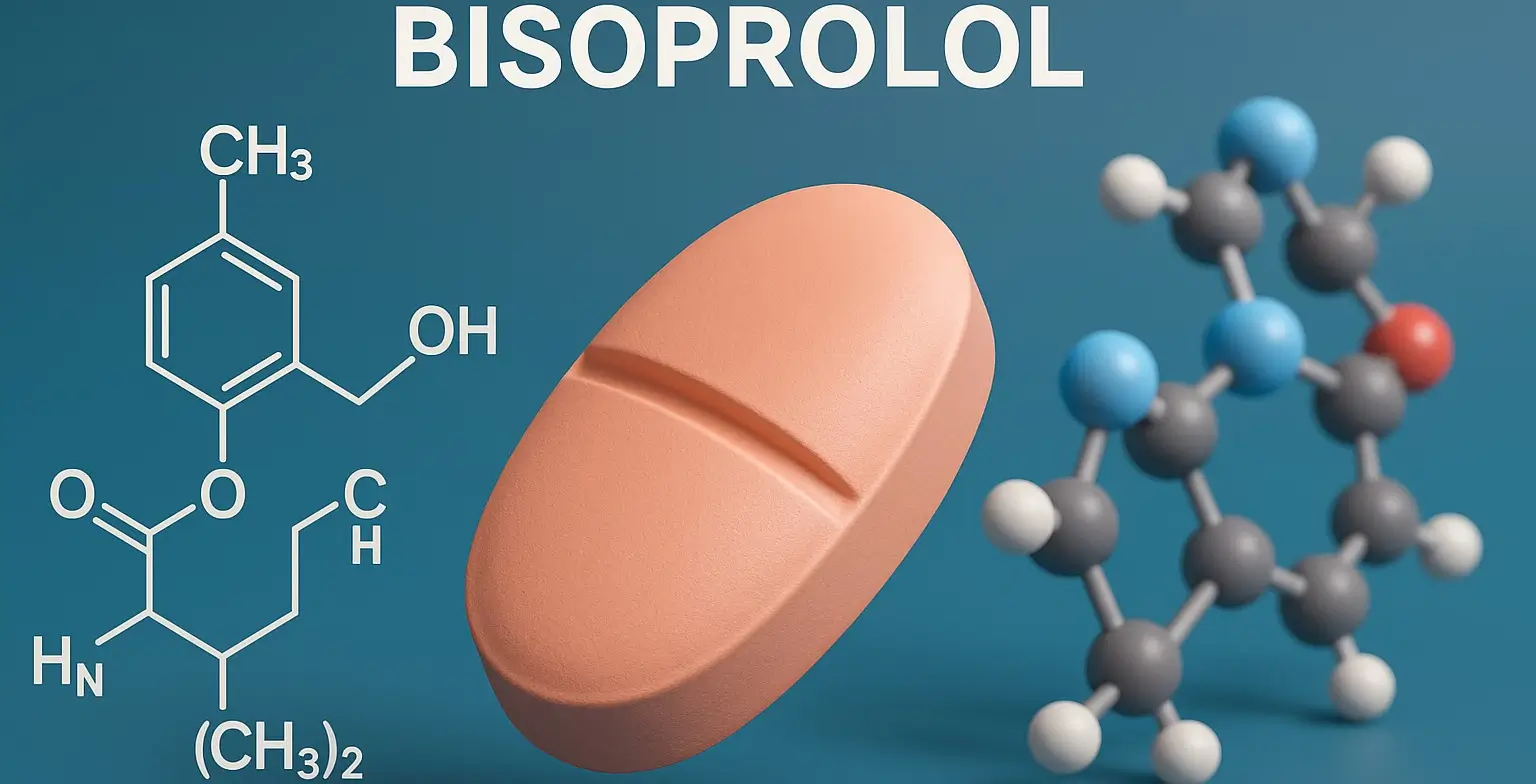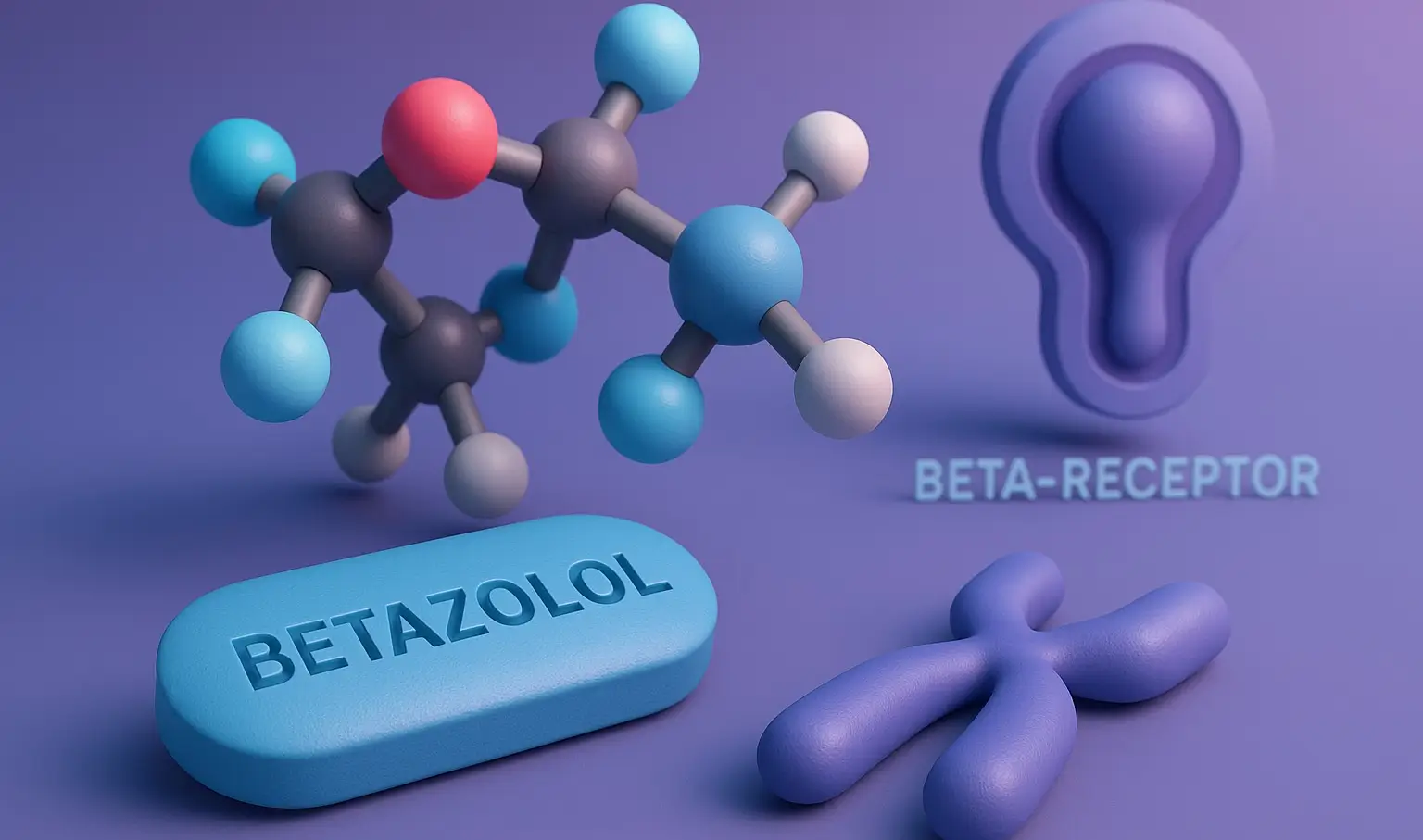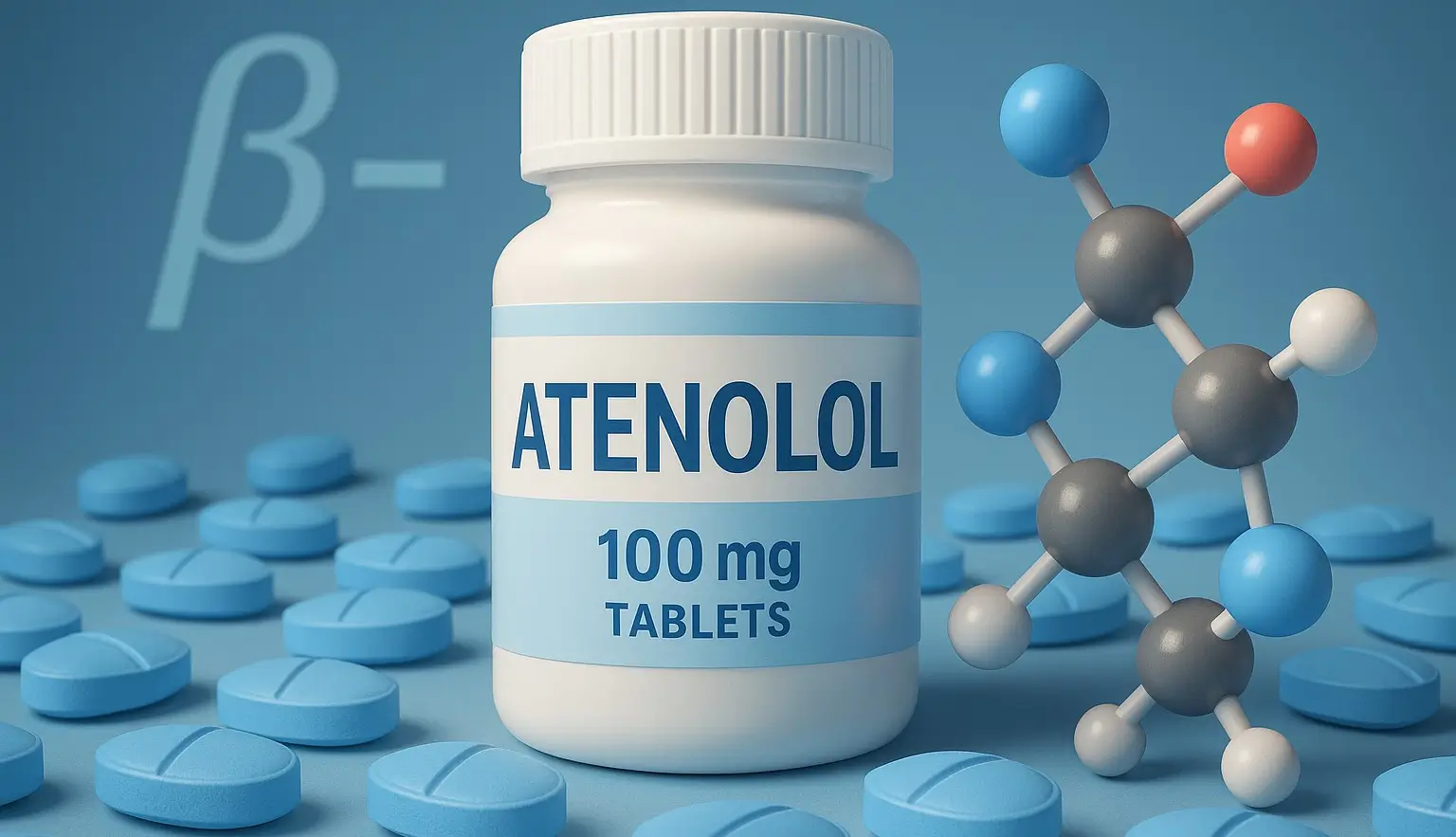Cholinergic receptors
Cholinergic receptors are specialized protein receptors located on the surface of cells that bind acetylcholine (ACh), a key neurotransmitter in the autonomic and somatic nervous systems. Acetylcholine acts on two types of receptors: Nicotinic receptors (ionotropic) Muscarinic receptors (metabotropic) Muscarinic Cholinergic receptors Type G-protein-coupled receptors (GPCRs) Subtypes and Signal Pathways Subtype G-protein Pathway Effect M1 … Read more

